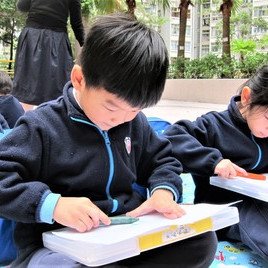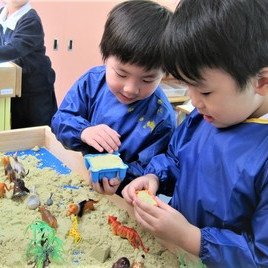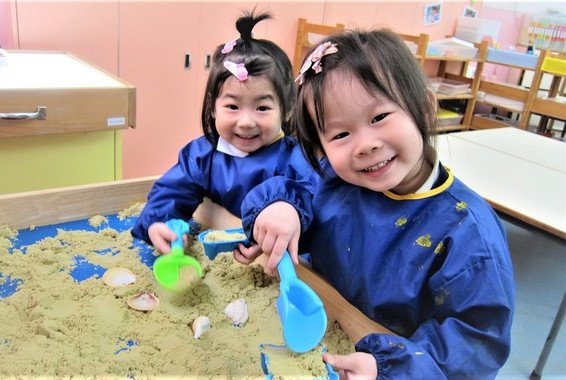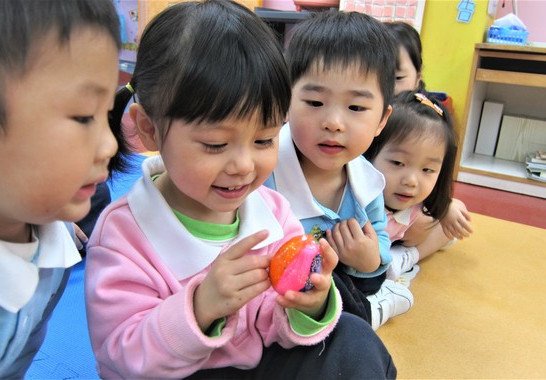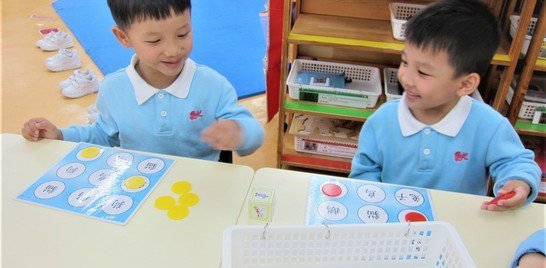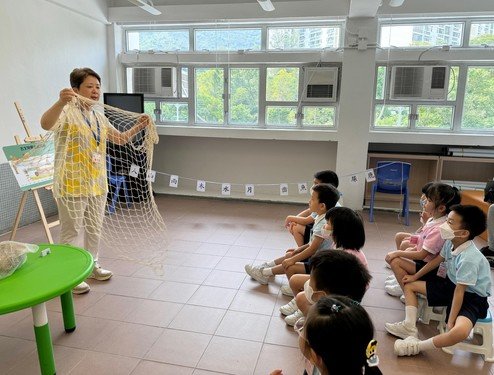Curriculum
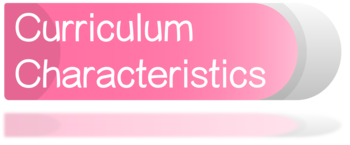

The Kuk attaches great importance to child-centered education to accommodate the individual differences among its students. Children can learn at their own pace by selecting the learning activities according to their abilities and interests, which are conducted under teachers' guidance and self-directed learning alternatively or simultaneously. The teaching design is based on the entire school as a whole and is no longer limited to a single classroom; the learning-rich environment encourages children to explore and learn independently, so as to achieve comprehensive and balanced development.

The Kuk child care service adopts an integrated teaching method along with the thematic approach in pre-school education, with content covers six major Learning Areas, including language, early childhood mathematics, nature and living, arts and creativity, self and society, and physical fitness and health. Versatile extra-curricular activities are arranged for students to enrich real-life learning experience and widen their horizons.

With toys and games elements, children can practice different learning aspects such as language, mathematical concepts, science and technology, and logical thinking through the use of the teaching aids. From "learning by doing" and "learning through play", to consolidate their studies.

Peer interactions construct more opportunities for younger children to mimic the older students on problem solving and improves their learning efficiency. The scaffolding effect stimulates children's language development, and facilitate their social skills with mutual respect when getting along with others.
The school adopts "Space Approach" in teaching to cultivate children’s self-directed and self-motivated learning attitudes.
The classrooms are divided into 4 learning zones, including:
- Expressive Communication Zone
- Exploration Zone
- Visual Arts Zone
- Music & Movement Zone

Apply real-life context and meaningful learning activities to enhance children’s interests in language learning and their presentation and communication abilities.
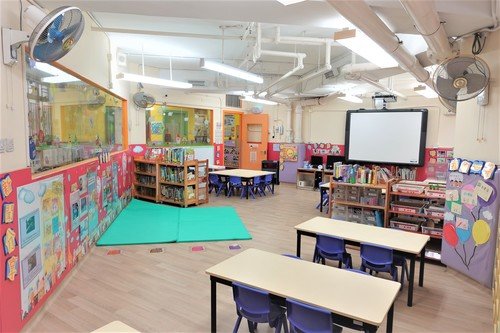

Arouse children’s interests in nature, mathematics and science, cultivate their eagerness to explore, establish logical thinking and problem-solving skills.
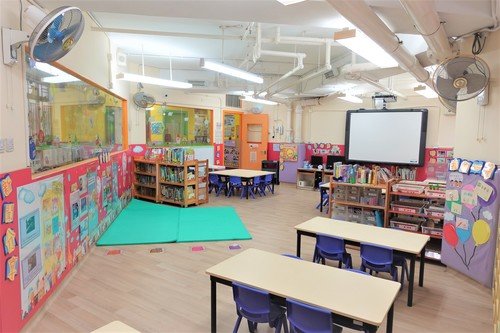

Instruct children to utilize materials with different tactile sensations and textures during art activities, empower them to unleash their creativity, express personal feelings and develop their aesthetic sensibility.

Organize a wide variety of music activities and dramas to study different music and perform physical movement creations, in order to increase children's creativity and imagination.
.jpg)
Cross-disciplinary learning will be carried out according to the monthly learning theme amongst each zone.
2022/2023 School Development Plan
To enhance children’s self-directed learning and problem-solving abilities by incorporating minimally-structured play into classrooms.
- For Teachers:
Organise trainings to enrich teachers’ knowledge and implementation techniques of minimally-structured
play.
- For Children:
Enhance children’s self-directed learning and problem-solving abilities by performing minimally-structured
play activities.
- For Parents:
Promote parents’ awareness of the importance of minimally-structured play in children’s learning.
2023/2024 School Development Plan
To promote young children’s understanding of the Chinese culture, help them recognise and appreciate Chinese culture and arts, and foster a sense of national identity.
- For Teachers:
Arrange various training sessions to enhance teachers’ understanding of Chinese culture and arts.
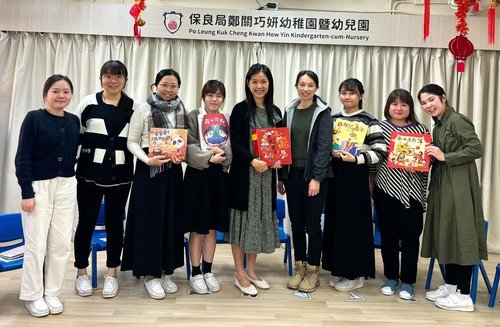
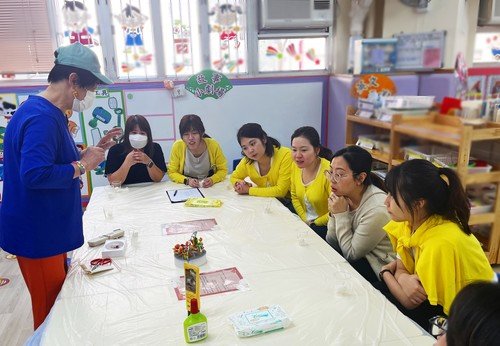
- For Children:
Introduce young children to the Chinese culture and their identity as Chinese.
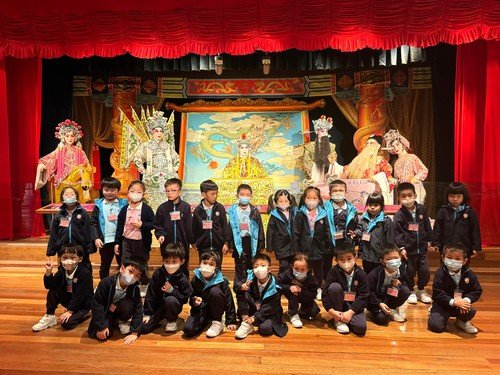
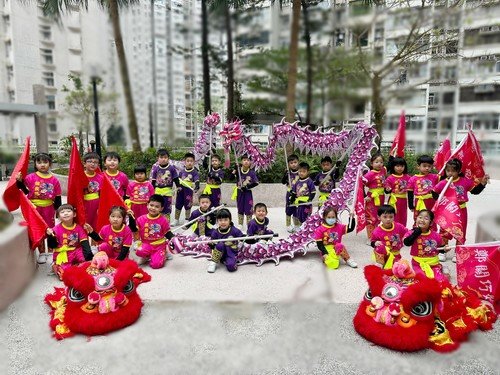
- For Parents:
Promote parents’ understanding of the traditions and arts of the Chinese culture and their importance to young children’s growth.
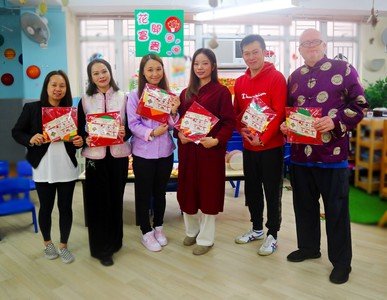
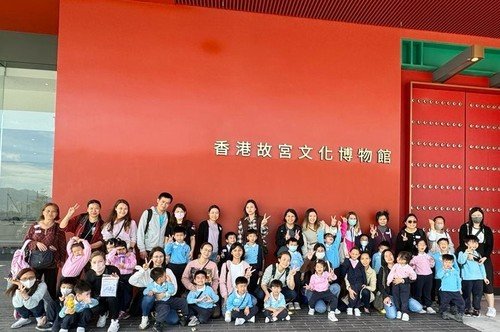
![]()
Objectives
- To help children learn about our country and Chinese culture, and to nurture a sense of belonging towards our country.
- To cultivate a sense of belonging towards country and a sense of national identity among children.
- To teach children to become good citizens who abide by the law, take good care of public property, respect and care for others.
Introduction
- Learn Chinese culture and traditional festivals, such as Mid-Autumn Festival, Chinese New Year and Dragon Boat Festival through stories, rhymes and songs so that traditional customs can be inherited.
- Through art activities such as Chinese ink painting, Chinese engraving, Chinese traditional paper cutting and food customs, so that children can have a basic understanding of the Chinese culture and their national identity.
Highlights
School year: 2022/2023
Theme: Loving China
Grades: N to K3
- Mid-Autumn Festival Activity
- Chinese New Year Activities
Highlights
School year: 2023/2024
Theme: Loving China
Grades: N to K3
- Chinese Cultural Activities
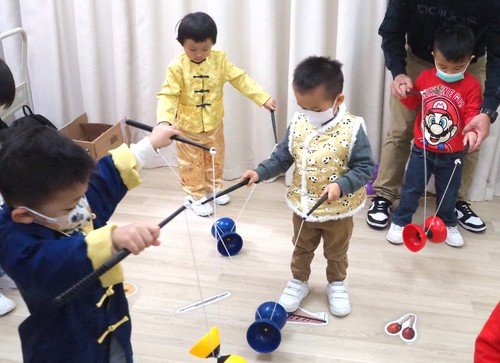
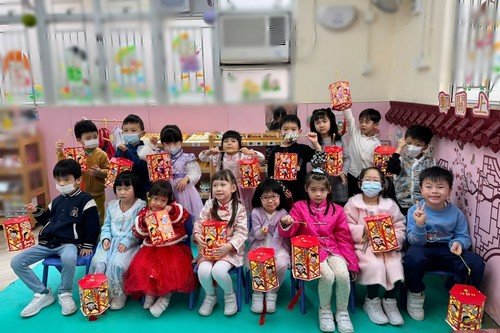
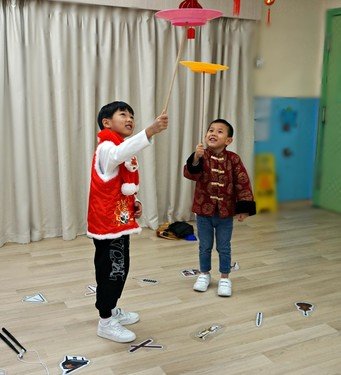
- Chinese New Year Activities
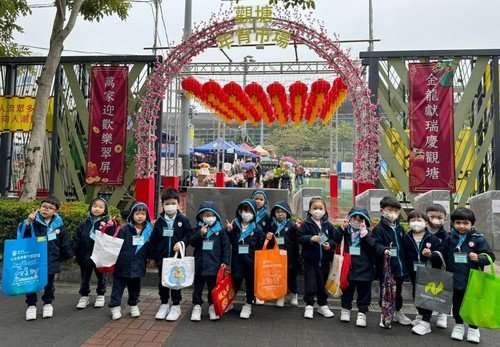
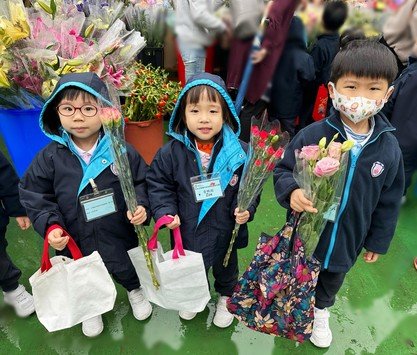
- Play with elders
- Chinese Music - Naamyam Theatre
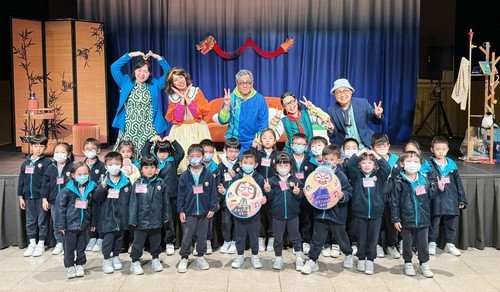
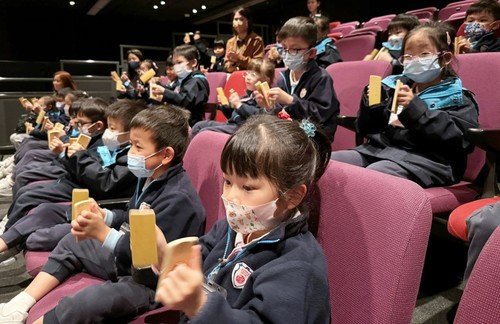
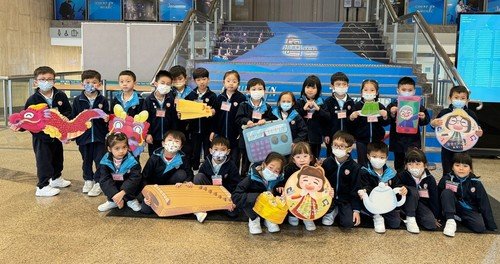
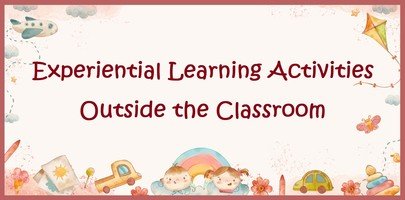
School year: 2023/2024
Theme: Outdoor Experience Activities
Grades: K1 to K3
Objectives
- Encourage children to explore beyond the classroom, engaging with community resources and facilities to enhance sensory and experiential learning
- Foster holistic child development through a range of comprehensive learning activities
Overview
- Include experiential learning activities that tie into children's daily experiences, such as visits to interactive theater, creative workshops, snack making, and more. These activities promote diverse learning experiences, fostering exploration and creativity
- Aim to enrich each child's personal learning journey, enhancing interest and motivation in learning
Highlights
- K1 visit Hong Kong Heritage Museum Children's Discovery Gallery
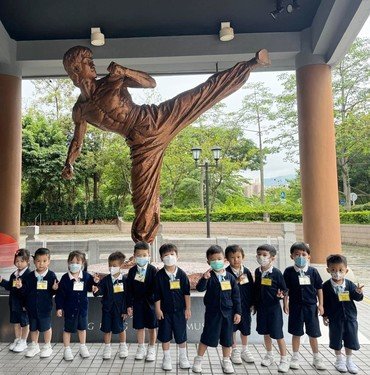
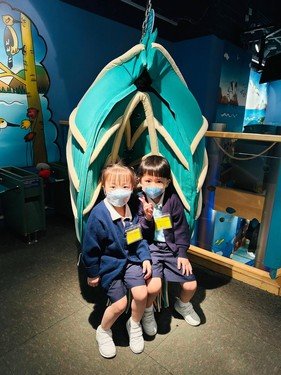
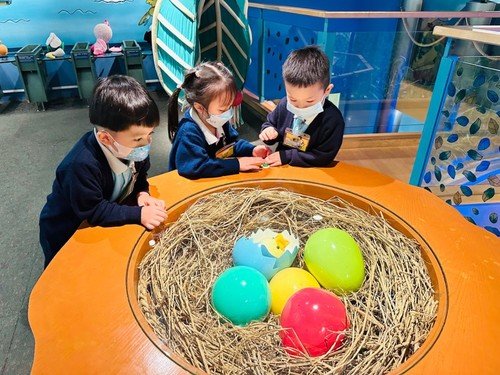
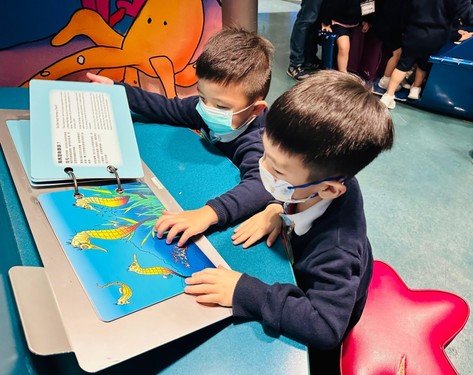
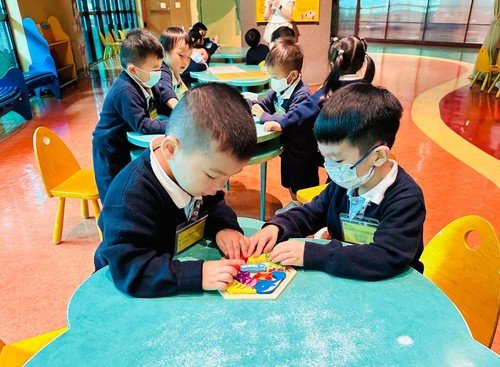
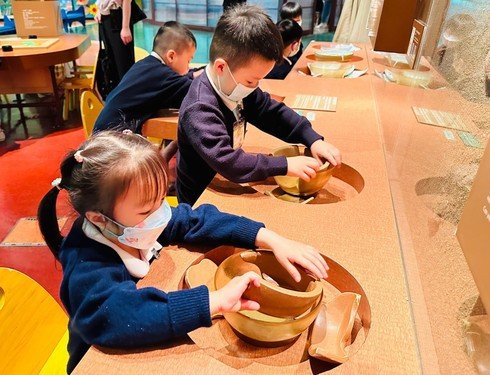
- K2 visit Hong Kong Science Museum
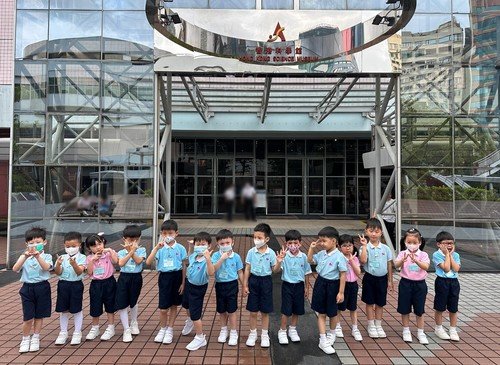
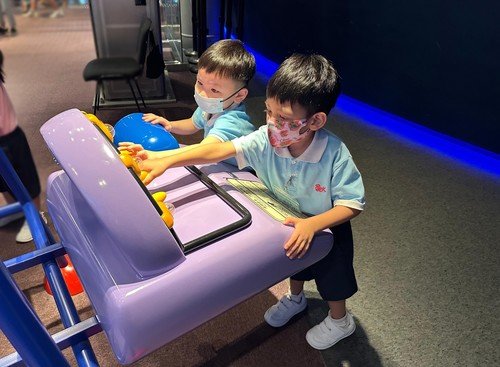
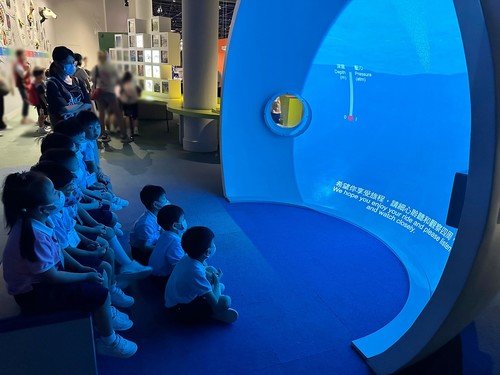
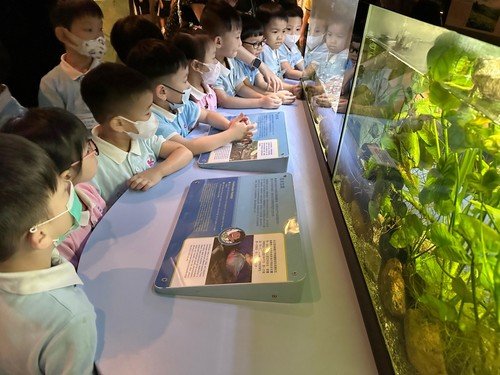
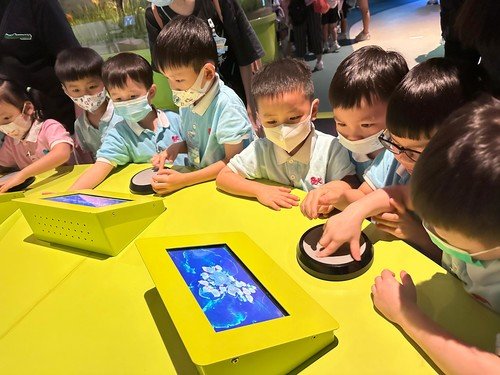
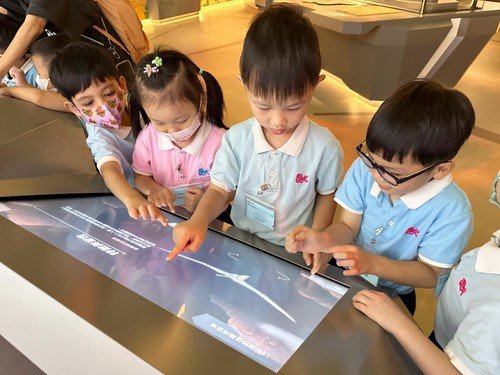
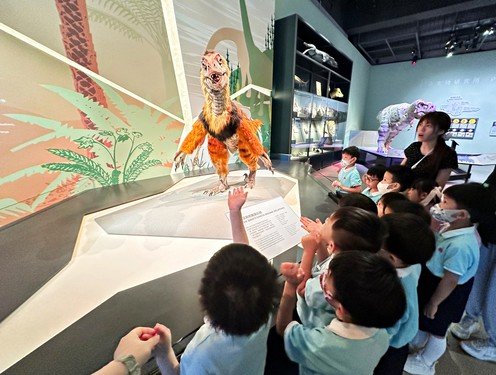
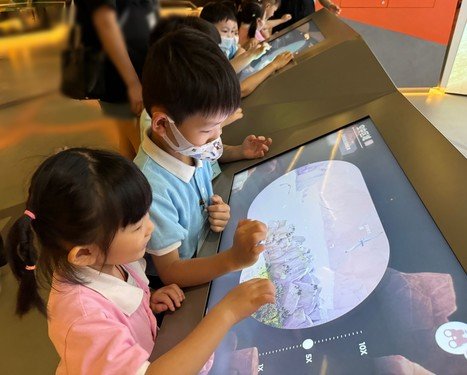
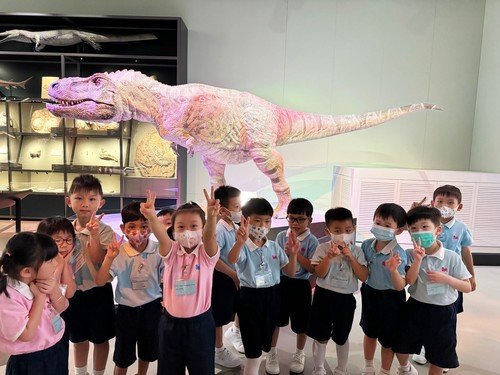
- K3 visit Art Museum
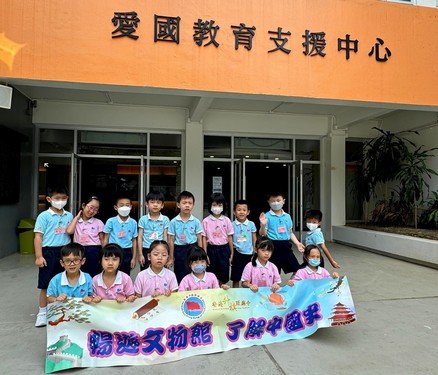
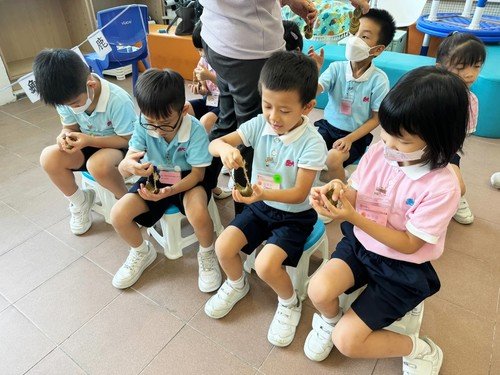
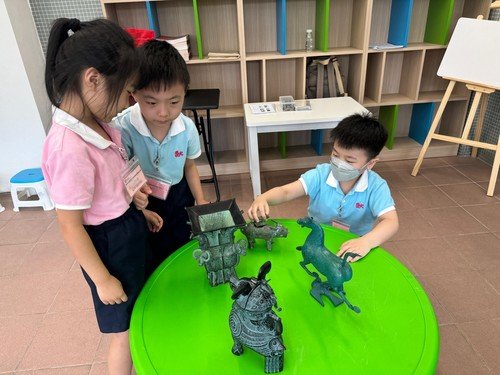
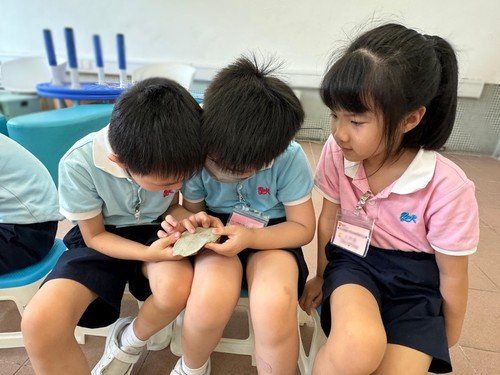
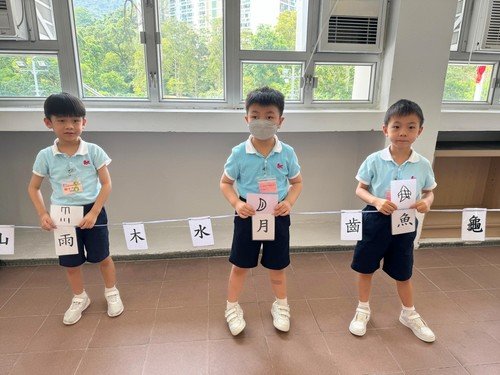
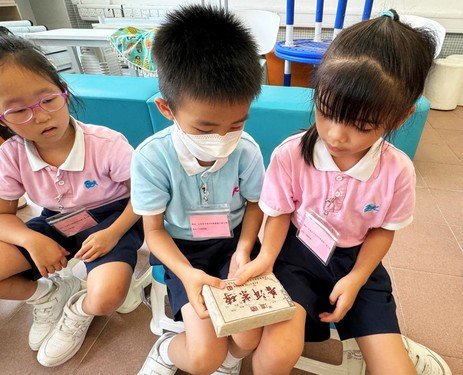
2023/24 School Year Kindergarten Activity Grant Deployment Plan
2023/24 School Year Kindergarten Activity Grant Deployment Report


